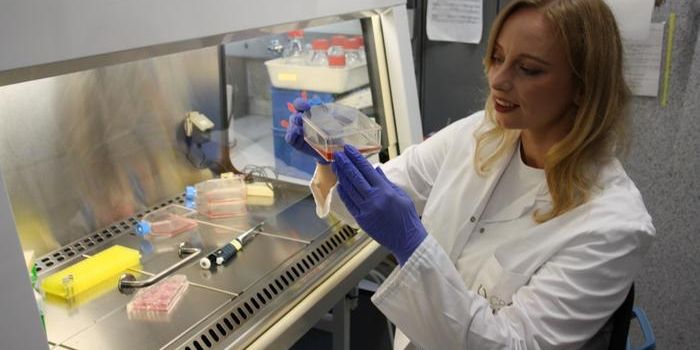Does Having an Appendectomy Increase Your Risk for Cancer?
Cancer research is more than just the study of diagnostics and novel therapies. Researchers also investigate the causes of cancer, be they small or, in this case, vestigial.
The appendix has long been thought to be relatively unimportant to the body, and many consider it a vestigial organ (an organ that is leftover from evolutionary ancestors that has no use now). Recently its role in maintaining the gut microbiome, as well as in the immune system, has many researchers reconsidering its importance. Many people can live perfectly well without the organ; however, some research suggests its removal may increase the risk for gastrointestinal cancers.
Gastrointestinal cancer is a general family of cancers affecting the intestinal tract. Causes of this type of cancer are usually smoking, an unhealthy diet, and various carcinogens. Pancreatic, stomach, esophageal, and liver cancers all fall under this family. Controversial opinions have emerged that suggest removing the appendix might increase the risk for several of these cancers. Considering the gut microbiome has been shown to play a role in many diseases, this idea may have some standing. A team from the Catholic University of Korea decided to conduct a study to investigate if the association held true.
The study centered around examining a large cohort of over 140,000 appendectomy patients in Korea to see if there was an association between the appendix removal and cancer onset. They used a similarly sized cohort of non-appendectomy patients to compare it with. The large study size and relatively straight-forward approach promised to give a clear result.
Analysis of the two groups showed that, overall, there was no apparent link between appendectomy and onset of gastrointestinal cancer. The team then split the patients by age, sex, and diabetes – all of which are risk factors for cancer. In the appendectomy group, women were slightly more likely to get esophageal or stomach cancer than the non-appendectomy group. The team saw something similar was seen with the elderly group and colorectal cancer as well.
This study could not identify an overall link between gastrointestinal cancer and appendectomy. A small correlation was seen in the women and elderly sub-groups, but nothing outstanding. Considering the importance of the gut microbiome and the appendix’s role in its maintenance, there may be some effect on the body after an appendectomy. However, this study – even with its relatively large cohort size – could not identify a relationship with gastrointestinal cancer.
The study concludes, “this large-scale population-based study showed that appendectomy did not increase the risk of GI cancers in the overall population. However, it identified elderly patients and female patients as at-risk subpopulations owing to their higher rates of GI cancers after appendectomy.”
Sources: Nature Scientific Reports, SciShow









